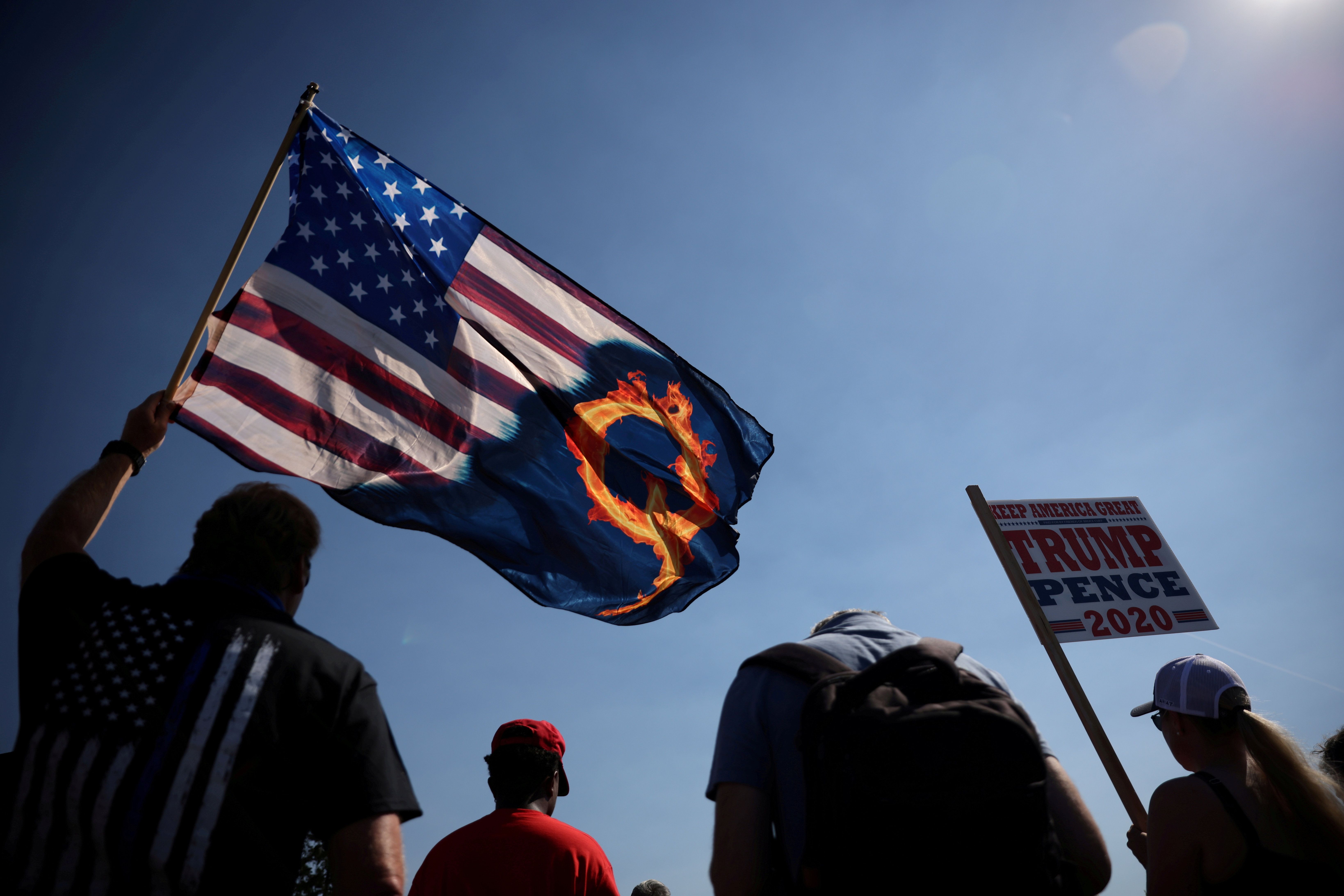News
November 05, 2020
2: Two Republican candidates who support the QAnon conspiracy theory have been elected to the US House of Representatives. Marjorie Taylor Greene (Georgia) and Lauren Boebert (Colorado) have both openly espoused QAnon, which believes President Trump is fighting a secret war against a left-wing elite "deep state" of Satan-worshipping pedophiles — and which Trump himself has refused to denounce.
17,326: A total of 17,326 fires burned in the Amazon the past month, more than double the amount registered a year ago. Brazilian President Jair Bolsonaro — who has called for more clearing and commercial development of the rainforest — has yet to comment on the data.
10: The president of Kosovo, Hashim Thaçi, has stepped down to face 10 international charges of crimes against humanity that he allegedly committed during Kosovo's independence struggle against Serbia in the late 1990s. Thaçi — a former commander of the Kosovo Liberation Army who has been in power since the end of the war — has been linked to more than a hundred murders by a special prosecutor in The Hague.
501,876: A petition for the Australian parliament to investigate the dominant position of Rupert Murdoch's News Corp empire in the country's media industry has been backed by 501,876 citizens. The petition was launched by Kevin Rudd, Australia's liberal former prime minister and a known critic of the conservative Murdoch (the media mogul also owns Fox News in the US).
More For You
Of all the threats to the world, what are the top 10 most urgent global risks for 2026? On Monday, January 5, at 12 pm ET, join us for a livestream discussion with Ian Bremmer and global experts to discuss the Top Risks of 2025 report from Eurasia Group. This report will mark twenty years of Ian Bremmer’s annual forecast of the political risks that are most likely to play out over the year. Event link: gzeromedia.com/toprisks
Most Popular
- YouTube
Wikipedia cofounder Jimmy Wales explains why a specific page titled “The Gaza Genocide” risks undermining trust with users.
- YouTube
In his latest Quick Take, Ian Bremmer explains a major shift in the Ukraine war: Europe, not the United States, is now driving the strategy.
Chief Superintendent of the police force's National Security Department Steve Li Kwai-wah speaks at the West Kowloon Magistrates' Courts building after the verdict in the national security collusion trial of Jimmy Lai, founder of the now-defunct pro-democracy newspaper Apple Daily, in Hong Kong, China, on December 15, 2025.
REUTERS/Lam Yik
© 2025 GZERO Media. All Rights Reserved | A Eurasia Group media company.
